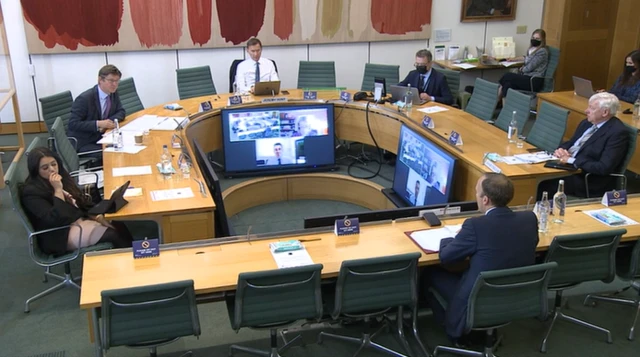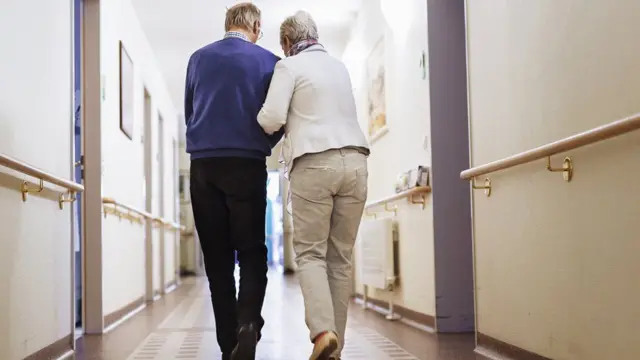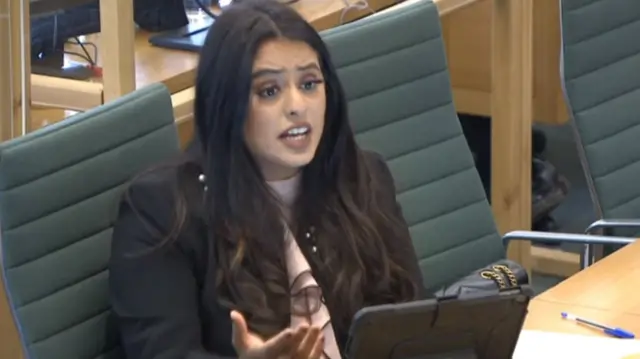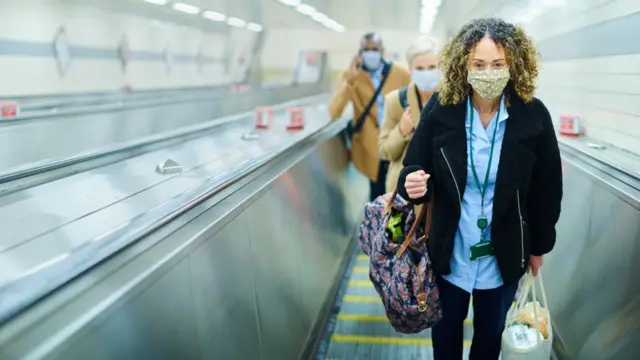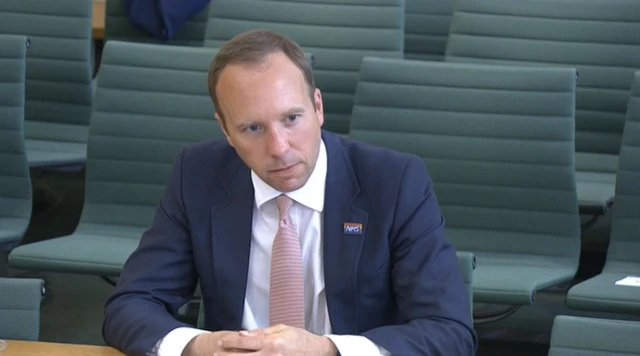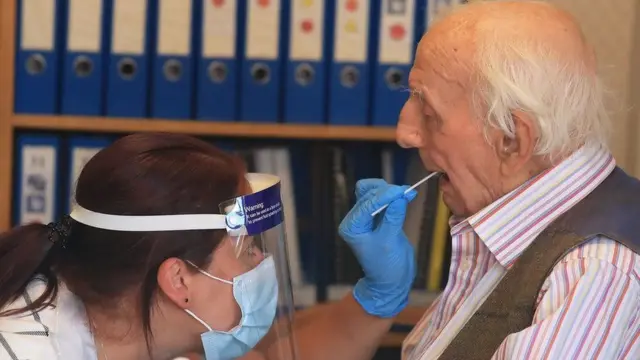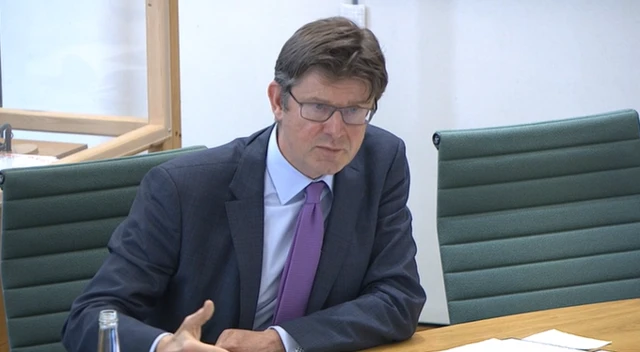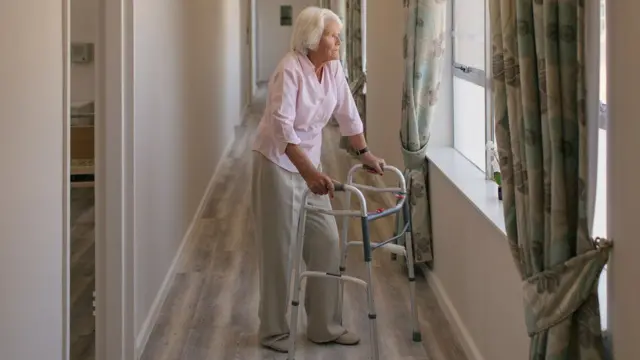Wales will rely on England's vaccine 'buffer' if they run out, says Hancockpublished at 12:44 BST 10 June 2021
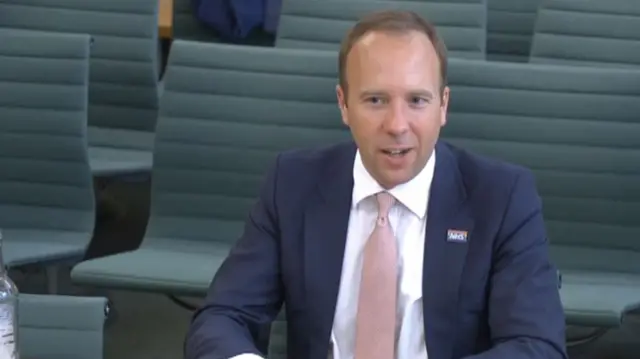
Graham Stringer says Wales has been successful in its vaccination programme because it has been getting supplies "into people's arms" rather than holding stocks. He says England, Northern Ireland and Scotland don't seem to be doing that, and asks the health secretary whether that is a solution for places seeing increased infections.
Hancock smiles and says: "I'm grinning because I'm working out whether to give you the full answer, because I very much like my colleagues in Wales."
He says that England is holding stocks because, "whatever happens in terms of security of supply", there must be enough vaccine for people to have their second doses.
"Our colleagues in Wales decided to hold no such buffer and go ahead on the presumption that supply would come through," he says - but in the knowledge that if there were an interruption, they could use England's buffer.
"That is not a decision I could make for England because I can't draw on anyone else's buffer."
He says it is proof that the Union "saves lives".
